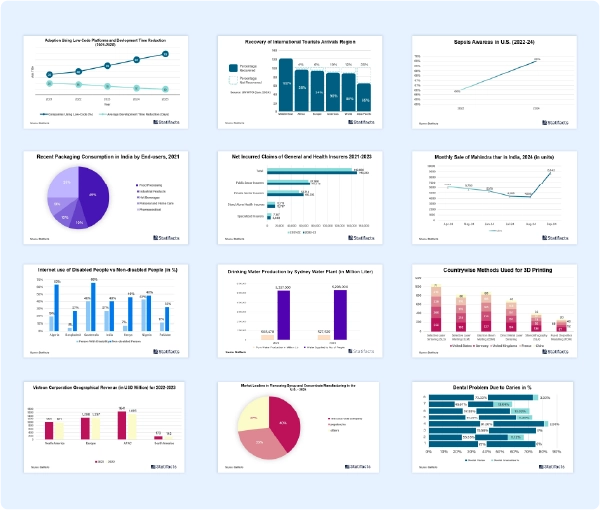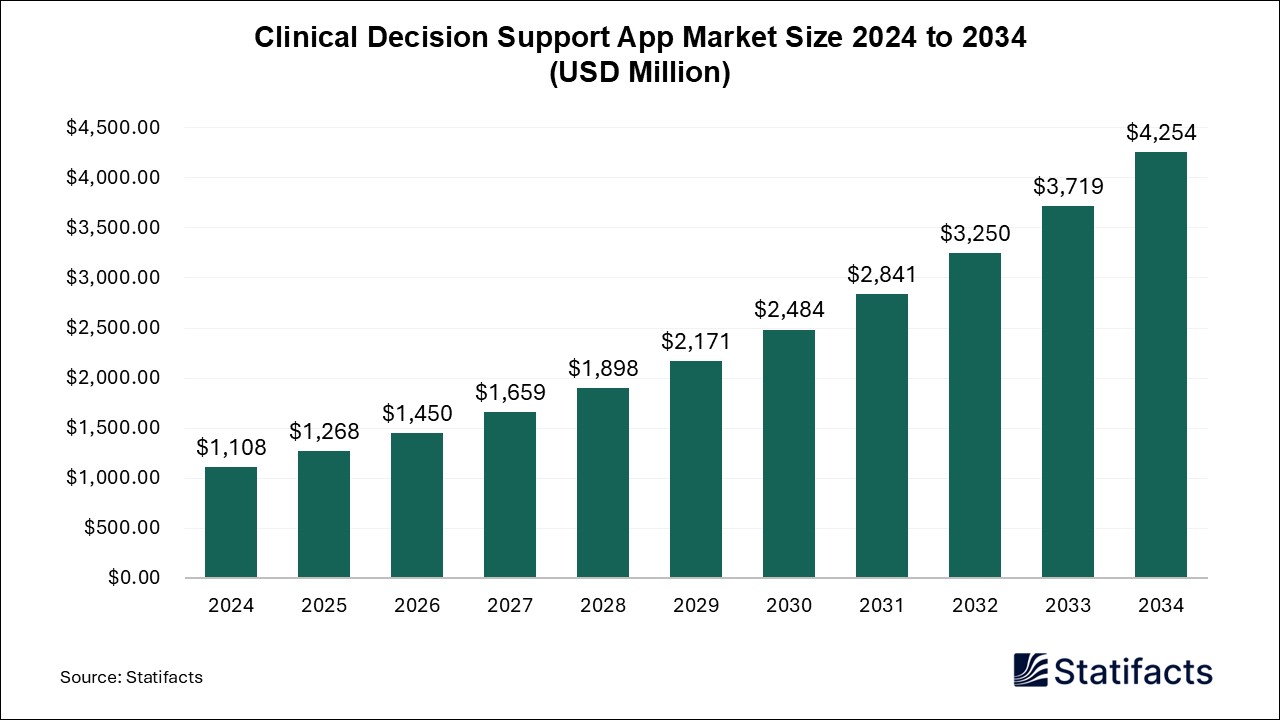

Our customers work more efficiently and benefit from
The U.S. oncology molecular diagnostic market size accounted for USD 792 million in 2024 and is expected to exceed around USD 2,527 million by 2034, growing at a CAGR of 12.3% from 2025 to 2034.
The U.S. oncology molecular diagnostics market is experiencing significant growth due to advancement in precision medicine and increasing demand for early detection of cancer. The adoption of next generation sequencing (NGS), liquid biopsy, and biomarker-based testing is empowering oncology diagnostics, which lead to more accurate and personalized treatment plans. The growing prevalence of cancer and the rising demand for minimally invasive diagnostics techniques are the major factors that driving the market growth.
The increasing focus on precision medicine in oncology is driving demand for U.S. oncology molecular diagnostics market. Companion diagnostics play a vital role in determining patient response to targeted therapies which enables oncologists to prescribe the most effective treatment plans. The regulatory approvals for biomarker-based therapies also propelling the growth in the U.S. oncology molecular diagnostics market. The increasing investment in research and development on molecular diagnostics drives the market growth. Additionally, regulatory agencies such as the FDA are increasingly approving biomarker-based therapies which propel the market growth.
In U.S, the growing cases on cancer specifically breast cancer, lung cancer and colorectal cancer has highlighted the need of early detection and need of accurate diagnostic. Government initiatives and public awareness programs regarding promotion of cancer screening and genetic testing are eventually drives the growth in the U.S. oncology molecular diagnostics market. The rise of patient advocacy groups and collaborations with different healthcare institutions and diagnostic companies are influencing for higher adoption rate. Government support and investment for personalized medicine services is set to sustained the market growth.
The advancement in the technology specifically integration of artificial intelligence (AI) and machine learning in molecular diagnostics which are help to enhance the efficiency and accuracy of cancer detection. AI driven algorithms help to improve biomarker identification, automating image analysis, and streamlining data interpretation. In addition to this next generation sequencing, liquid biopsy, and PCR help to make cancer diagnostics faster, more sensitive and highly specific.
Although the U.S. oncology molecular diagnostics market is experiencing the rapid progress in molecular diagnostics, the high cost associated with the tests, high cost for extensive research and clinical validation (which is require for developing and commercialising molecular diagnostics tools) which remain a barrier for the growth. Also, the inconsistency in insurance reimbursement policies, limits patient access to advanced diagnostic solution, regulatory approvals and challenges, stringent guidelines and standardization issues further restrict the growth in the U.S. oncology molecular diagnostics market which slow down the widespread adoption of novel diagnostic technologies.
The artificial intelligence is playing crucial role in the U.S. oncology molecular diagnostics market by automating and optimizing various part of molecular testing. The AI power tool enhance the detection of genetic mutations, streamline the image interpretation and support the predictive analytics of personalized treatment planning. Additionally, the AI driven platforms are used to reduce the errors, improves the reproductivity and accelerating the discovery of novel biomarkers for different cancer types. Also, the integration of AI in molecular diagnostics will help to reduce the cost for the treatment and significantly helps to improve the decision making for oncologists.
The future of U.S. oncology molecular diagnostics market will experience significant growth, propelled by several emerging trends. The rising use of liquid biopsy techniques for non-invasive cancer detection is predicted to transform early diagnostics. The growth of at-home molecular testing options will improve accessibility for patients, facilitating earlier interventions and better treatment outcomes. Furthermore, the adoption of multi-omics strategies, which integrate genomics, proteomics, and metabolomics, will offer deeper insights into cancer biology and support the creation of highly targeted therapies. Increased government backing for personalized medicine initiatives, along with heightened investment in molecular oncology research, is expected to propel ongoing market growth in the years ahead.
Published by Laxmi Narayan
For any questions about this dataset or to discuss customization options, please write to us at sales@statifacts.com
| Stats ID: | 7919 |
| Format: | Databook |
| Published: | February 2025 |
| Delivery: | Immediate |
| Price | US$ 1550 |



| Stats ID: | 7919 |
| Format: | Databook |
| Published: | February 2025 |
| Delivery: | Immediate |
| Price | US$ 1550 |

You will receive an email from our Business Development Manager. Please be sure to check your SPAM/JUNK folder too.

Unlock unlimited access to all exclusive market research reports, empowering your business.
Get industry insights at the most affordable plan
Stay ahead of the competition with comprehensive, actionable intelligence at your fingertips!
Learn More Download
Download
